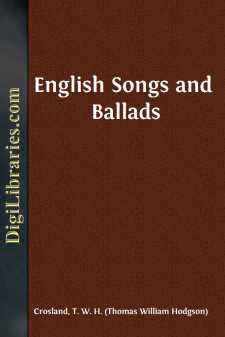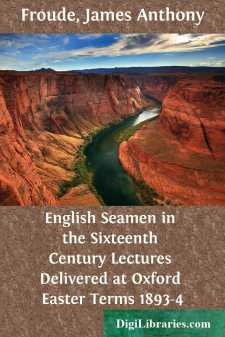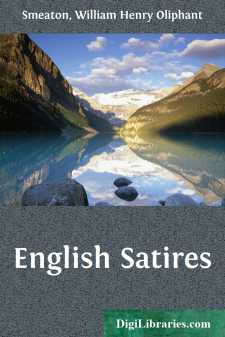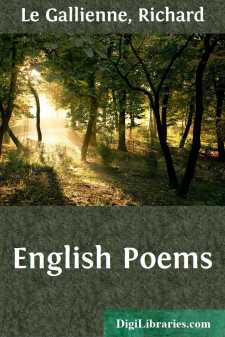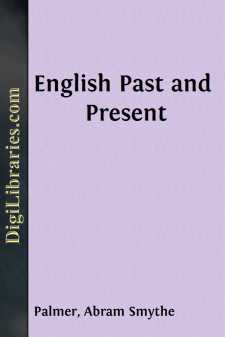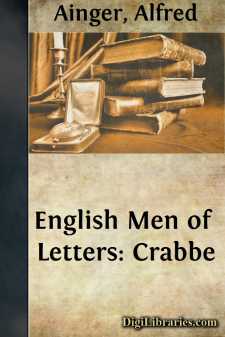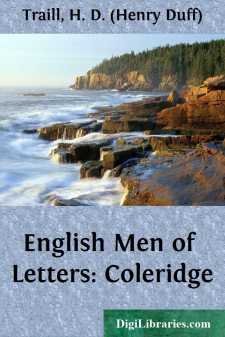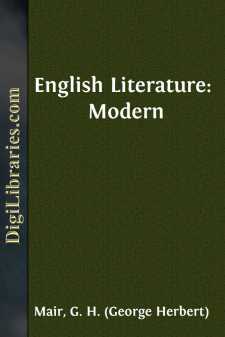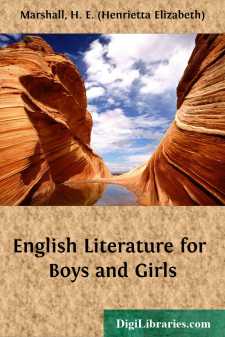Categories
- Antiques & Collectibles 13
- Architecture 36
- Art 48
- Bibles 22
- Biography & Autobiography 813
- Body, Mind & Spirit 142
- Business & Economics 28
- Children's Books 17
- Children's Fiction 14
- Computers 4
- Cooking 94
- Crafts & Hobbies 4
- Drama 346
- Education 46
- Family & Relationships 57
- Fiction 11829
- Games 19
- Gardening 17
- Health & Fitness 34
- History 1377
- House & Home 1
- Humor 147
- Juvenile Fiction 1873
- Juvenile Nonfiction 202
- Language Arts & Disciplines 88
- Law 16
- Literary Collections 686
- Literary Criticism 179
- Mathematics 13
- Medical 41
- Music 40
- Nature 179
- Non-Classifiable 1768
- Performing Arts 7
- Periodicals 1453
- Philosophy 64
- Photography 2
- Poetry 896
- Political Science 203
- Psychology 42
- Reference 154
- Religion 513
- Science 126
- Self-Help 84
- Social Science 81
- Sports & Recreation 34
- Study Aids 3
- Technology & Engineering 59
- Transportation 23
- Travel 463
- True Crime 29
Sort by:
About the sweet bag of a beeA chieftain to the Highlands boundAe fond kiss, and then we severAgincourt, AgincourtAh, my swete swetyngAlas! my love, you do me wrongAllen-a-Dale has no faggot for burningAll in the Downs the fleet was moor'dAll ye woods, and trees, and bowersAnd did you not hear of a jolly young WatermanAn old song made by an aged old pateA parrot from the Spanish mainArm, arm, arm,...
more...
LECTURE I THE SEA CRADLE OF THE REFORMATION Jean Paul, the German poet, said that God had given to France the empire of the land, to England the empire of the sea, and to his own country the empire of the air. The world has changed since Jean Paul's days. The wings of France have been clipped; the German Empire has become a solid thing; but England still holds her watery dominion; Britannia does...
more...
I. PILGRIMAGE IN SEARCH OF DO-WELL. This opening satire constitutes the whole of the Eighth Passus of Piers Plowman's Vision and the First of Do-Wel. The "Dreamer" here sets off on a new pilgrimage in search of a person who has not appeared in the poem before—Do-Well. The following is the argument of the Passus.—"All Piers Plowman's inquiries after Do-Well are fruitless. Even...
more...
ENGLISH POEMS TO THE READER Art was a palace once, things great and fair,And strong and holy, found a temple there:Now 'tis a lazar-house of leprous men.O shall me hear an English song again!Still English larks mount in the merry morn,An English May still brings an English thorn,Still English daisies up and down the grass,Still English love for English lad and lass—Yet youngsters blush to sing...
more...
ENGLISH A COMPOSITE LANGUAGE “A very slight acquaintance with the history of our own language will teach us that the speech of Chaucer’s age is not the speech of Skelton’s, that there is a great difference between the language under Elizabeth and that under Charles the First, between that under Charles the First and Charles the Second, between that under Charles the Second and Queen Anne; that...
more...
by:
Alfred Ainger
CHAPTER IEARLY LIFE IN ALDEBURGH(1754-1780)Two eminent English poets who must be reckoned moderns though each produced characteristic verse before the end of the eighteenth century, George Crabbe and William Wordsworth, have shared the common fate of those writers who, possessing a very moderate power of self-criticism, are apparently unable to discriminate between their good work and their bad. Both...
more...
Chapter IBirth, parentage, and early years – Christ's Hospital – Jesus College, Cambridge.[1772-1794.] On the 21st of October 1772 there was added to that roll of famous Englishmen of whom Devonshire boasts the parentage a new and not its least illustrious name. Samuel Taylor Coleridge was the son of the Rev. John Coleridge, vicar of Ottery St. Mary in that county, and head master of Henry...
more...
CHAPTER I THE RENAISSANCE (1) There are times in every man's experience when some sudden widening of the boundaries of his knowledge, some vision of hitherto untried and unrealized possibilities, has come and seemed to bring with it new life and the inspiration of fresh and splendid endeavour. It may be some great book read for the first time not as a book, but as a revelation; it may be the first...
more...
by:
Henry Coppee
Chapter I. The Historical Scope of the Subject. . . . . . . . . . Literature and Science. There are two words in the English language which are now used to express the two great divisions of mental production—Science and Literature; and yet, from their etymology, they have so much in common, that it has been necessary to attach to each a technical meaning, in order that we may employ them without...
more...
Chapter I IN THE LISTENING TIME HAS there ever been a time when no stories were told? Has there ever been a people who did not care to listen? I think not. When we were little, before we could read for ourselves, did we not gather eagerly round father or mother, friend or nurse, at the promise of a story? When we grew older, what happy hours did we not spend with our books. How the printed words made...
more...


